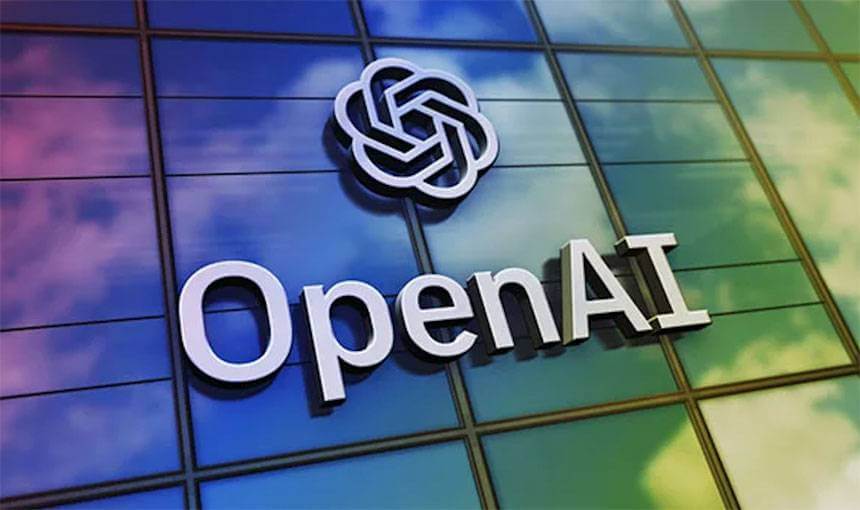OpenAI's Codex AI model has received significant upgrades, marking a new era in AI-assisted software development. The core enhancement is the integration of GPT-5-Codex, a specialized version of OpenAI's GPT-5 model, fine-tuned for agentic coding tasks. This upgrade promises to enhance coding proficiency and development capabilities across various platforms and environments.
One of the most notable improvements is Codex's enhanced ability to handle complex, real-world software engineering tasks. GPT-5-Codex has been trained on a diverse range of coding activities, including building full projects from scratch, adding features and tests, debugging, performing large-scale refactors, and conducting code reviews. This training enables the model to generate code that closely mimics human styles, adheres strictly to user instructions, and iterates through testing until it achieves the desired results.
GPT-5-Codex can dynamically adjust its "thinking time" based on the complexity of the task. Simple tasks, such as listing files in a directory, are executed rapidly, while more intricate challenges, like large-scale refactoring or debugging, receive more comprehensive processing. In some instances, Codex has been observed running autonomously for extended periods, even up to seven hours, to complete particularly demanding projects.
The upgraded Codex boasts improved code review capabilities, designed to catch critical flaws before they reach human reviewers. Unlike static analysis tools, Codex can match the stated intent of a pull request to the actual code changes, reason over the entire codebase and dependencies, and execute code and tests to validate behavior. This thorough approach helps teams identify problems earlier, reduce reviewer workload, and ship code with greater confidence. Once activated for a GitHub repository, Codex automatically reviews pull requests as they move from draft to ready, posting its analysis directly on the PR.
OpenAI has also focused on improving the integration of Codex into existing developer workflows. The tool is now accessible across various platforms, including terminals, IDEs, web browsers, GitHub, and even the ChatGPT iOS app. Codex CLI has been rebuilt around agentic coding workflows, allowing developers to attach and share images, track progress with to-do lists, and connect to external systems using tools like web search and MCP. The IDE extension and GitHub integration bring the Codex cloud agent closer to developer workflows, enabling users to delegate tasks without switching away from their preferred editor or GitHub.
Behind the scenes, OpenAI has continuously improved cloud infrastructure performance, reducing the median completion time for new tasks and follow-ups by 90% through container caching. Codex can now automatically set up its own environment by scanning for common setup scripts and executing them, and with configurable internet access, it can run commands like pip install to fetch dependencies as needed at runtime.
GPT-5-Codex has demonstrated substantial improvements in code refactoring and commenting. Benchmarks show a significant rise in performance scores, from 33.9% with GPT-5 to 51.3% with GPT-5-Codex, highlighting the model's enhanced ability to restructure and optimize complex codebases. In a refactoring scenario involving 232 files and 3,541 lines of code, the model demonstrated precision by validating changes through dependency analysis and test runs.
Security has also been a key consideration in the Codex upgrades. By default, Codex runs in a sandbox with network access disabled to reduce the risks of data exfiltration and prompt injection. Teams can restrict cloud network access to trusted domains and require approvals for risky commands in local tools. OpenAI recommends using Codex as an additional reviewer, rather than a replacement for human review, and has implemented added safeguards for GPT-5-Codex in sensitive domains such as biology and chemistry.
The updated version of Codex is being rolled out to all ChatGPT Plus, Pro, Business, Edu, and Enterprise users. OpenAI plans to make it available via API later.















